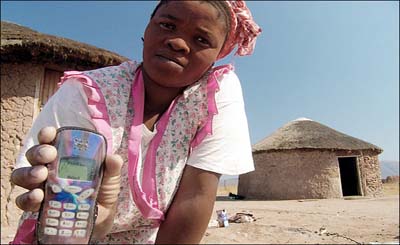The Egyptian constitution claims that it has a free media system, however this is not the case because there have been many situations in the past going against what a free media system stands for. Reporters know not to report on controversial issues for the fear of getting in trouble. Recently, a Coptic Christian activist and journalist was arrested on suspicion of instigating religious strife. A Coptic Christian describes someone who is a member of The Coptic Orthodox Church of Alexandria, which is the largest Christian church in Egypt and all of the Middle East. The most practiced religion in Egypt is Islam so this reporter was creating some red flags for authorities from his religious standpoint alone.
The reporter’s name is Bishoy Armia and he is described as the most well known person from his nation to publicly convert from Islam to Christianity. It is rumored that he was working for a US-based Christian television station. When he was arrested, sources say that he had a camera and four flash drives in his possession. The reason authorities gave for arresting him was that Armia was supposedly taking footage back to the United States to portray the image that there is violence against Christians in Egypt. He was taken to jail and was order a two-week detainment for questioning. Authorities claim that the reporter took footage of Christian churches being torched back in August. Although the authorities have claimed they arrested him for creating religious strife, many citizens think that it has more to do with him changing his religion. Many people fear for Armia’s safety and are certain that he will be beaten and tortured during his detainment.
It seems that the culture in Egypt is very attached to its Islamic roots and feels threatened by people who test the boundaries. Whether this man is being persecuted in Egypt due to what he was reporting on or what his religious beliefs are, it is definitely interesting and sad to learn about.
Sources:
http://www.mfs-theothernews.com/2013/12/noted-christian-convert-in-egypt-bishoy.html
http://www.dailystar.com.lb/News/Middle-East/2013/Dec-06/240154-egypt-detains-coptic-christian-reporter-state-media.ashx#axzz2n2H5Yy00





